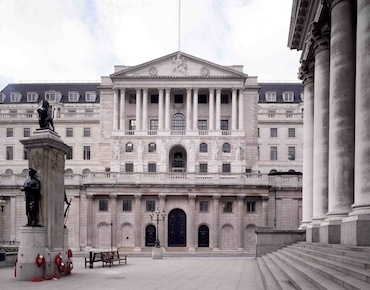The Bank of England's Monetary Policy Committee has held interest rates at 0.5 per cent and the asset purchase programme at £375bn.
The interest rate has remained at this level since March 2009 while the most recent addition to the asset purchase programme was made in July 2012.
Last month, three members of the Committee, including Governor Mervyn King, voted for a £25bn increase to the programme but were outvoted.
In the Budget on 21 March, Chancellor George Osborne set out an updated remit for the committee.
This recognised that the committee may need to use "unconventional monetary instruments" to support the economy.
{desktop}{/desktop}{mobile}{/mobile}
Mr Osborne said: "As we've seen over the past five years, low and stable inflation is a necessary but not sufficient condition for prosperity. The new remit explicitly tasks the MPC with setting out clearly the tradeoff it has made in deciding how long it will be before inflation returns to target.
"The new remit also recognises that the MPC may need to use unconventional monetary instruments to support the economy while keeping inflation stable. And it makes clear that the committee may wish to issue explicit forward guidance, including using intermediate thresholds in order to influence expectations on the future path of interest rates."
No information has been given yet of when any unconventional instruments will be used.
John McNeill, head of international rates at Kames Capital, said: "The Bank of England has kept the bank rate unchanged at 0.5 per cent and maintained the asset purchase facility at £375bn after today's meeting. With inflation remaining stubbornly above target, a majority of the Committee clearly believe that a further easing of monetary policy is not warranted at this time despite a stagnant outlook for the economy."
Further details of the decision will be given in the MPC minutes on 17 April.
• Want to receive a free weekly summary of the best news stories from o
ur website? Just go to home page and submit your name and email address. If you are already logged in you will need to log out to see the e-newsletter sign up. You can then log in again.

